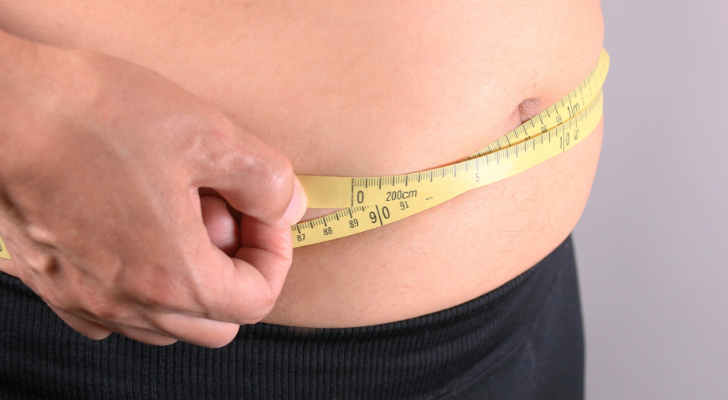
Everyone is looking for ways to trim down, get healthy and lose fat. Too many people look to medications, crash diets, and quick fixes, but the key is to implement consistent health-conscious choices in daily life.
Why not choose a healthy and sustainable way to start the process of fat loss? This choice is naturally effective through a combination of dietary changes, physical activity, and lifestyle adjustments.
Here are some effective strategies backed by scientific evidence:
Dietary Changes
- Eat Whole, Single-Ingredient Foods:
Focus on consuming whole foods such as fruits, vegetables, lean proteins, whole grains, and healthy fats. This will automatically help you to eliminate added sugars, unhealthy fats, and processed foods from your diet, all of which are often high in calories and low in nutrients.
- Increase Protein Intake:
A high-protein diet can boost metabolism, reduce appetite, and help preserve muscle mass during weight loss. Include protein-rich foods like lean meats, fish, eggs, dairy products, legumes, and nuts in your meals.
- Incorporate Healthy Fats:
Healthy fats, such as those found in avocados, nuts, seeds, and olive oil, are important for body chemistry processes and can help you feel full and satisfied. Be mindful of portion sizes of these foods however, as fats are also calorie-dense.
- Eat More Fiber:
Fiber-rich foods, including vegetables, fruits, whole grains, and legumes, can help you feel full longer and support digestive health.
- Limit Added Sugars and Refined Carbs:
Reduce your intake of sugary beverages, desserts, and refined carbohydrates like white bread and pasta. If you enjoy sweets, opt for naturally sweet foods such as fruit. If you have the need for an energy source through carbohydrates, the best options are whole grains, unrefined rice, and similar.
- Stay Hydrated:
Drinking plenty of water can help control hunger and support overall health, because it is a requirement for proper body processes. Without proper hydration, your body’s thirst could be mistaken for hunger, leading to unnecessary snacking. Drink water as your first step when you think you are getting hungry.
Physical Activity
- Regular Exercise:
Our bodies are made for movement. Aim for at least 150 minutes of moderate-intensity aerobic activity or 75 minutes of vigorous-intensity activity each week, combined with muscle-strengthening activities two or more days per week. Because most of us don’t move our bodies as much as we should, the extra calories we all consume in modern life get stored as fat through the natural processes in our body. Let’s start burning these extra calories!
- Incorporate Resistance Training:
As we age and continue to add weight and fat, the muscles that are so important to healthy movement, strength, and metabolism begin to atrophy. Add some strength training exercises to your routine, such as lifting weights. This will help build and maintain muscle mass.
- Increase Daily Activity:
All of us are guilty of being lazy in our daily routine sometimes. Find ways to be more active as you go through your day, such as taking the stairs, walking or biking instead of driving, and getting out of that chair and standing up sometimes while you’re working on something.
Lifestyle Adjustments
- Practice Mindful Eating:
Pay attention to what and how you eat. Avoid distractions like TV or smartphones during meals, chew slowly, and listen to your body’s hunger and fullness cues. And eat slowly! It takes time for your body to tell you it’s full. You may just hear your body telling you that you don’t need a second slice of cheesecake.
- Keep a Food and Weight Diary:
Tracking what you eat and your physical activity can help you stay accountable and identify patterns that may be hindering your progress.
- Get Adequate Sleep:
Aim for at least 7-9 hours of quality sleep per night. Poor sleep can disrupt the hormones that regulate hunger and appetite, making it harder to lose weight.
- Manage Stress:
Chronic stress can lead to emotional eating and weight gain. Practice stress management techniques such as meditation, deep breathing exercises, and physical activity.
- Seek Social Support:
Surround yourself with supportive friends, family, or join a weight loss group. Having a support system can provide motivation and encouragement. Also, start hanging out with active people. Being with people with active habits, will affect your habits and you’ll start feeling that being more active is a natural part of life.
Conclusion
Incorporate these strategies in your daily routine. Be healthy, be active, and be mindful. Don’t push yourself – make changes in a way that will be sustainable and not make you burn out. Remember that gradual changes and consistency are the keys to long-term success!


